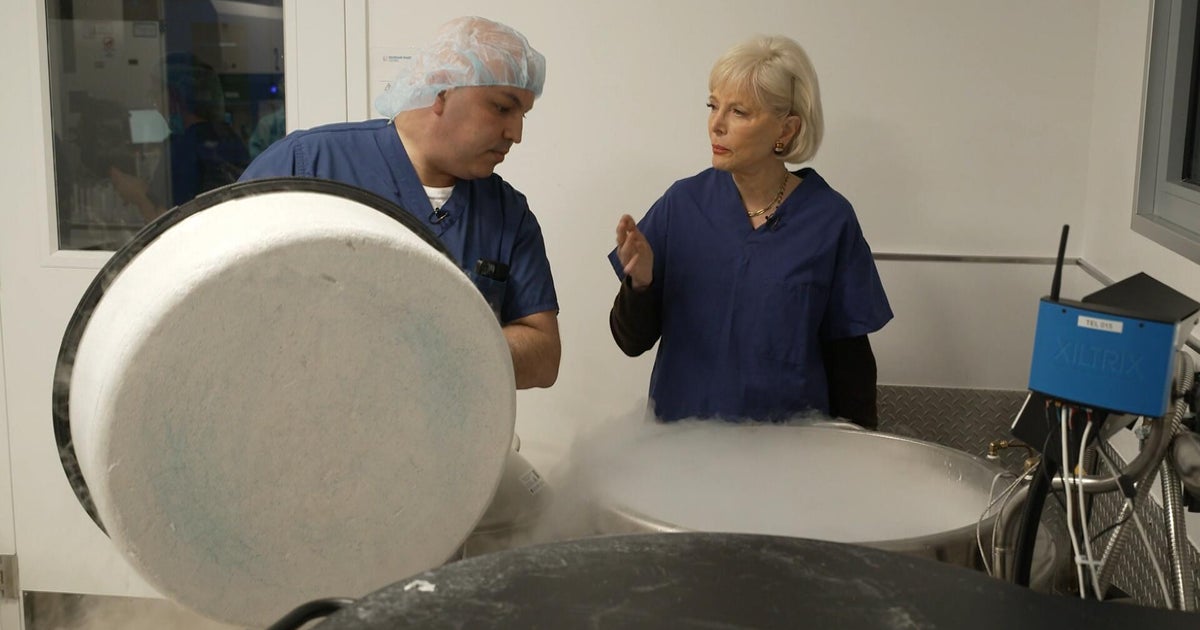The Rising Trend of Egg Freezing: Empowering Women to Take Control of Their Fertility
In recent years, egg freezing has surged in popularity as women increasingly prioritize education, careers, and personal goals before starting families. This reproductive technology, formally known as oocyte cryopreservation, allows women to preserve their fertility by extracting and freezing eggs for future use. Driven by shifting societal norms, medical advancements, and greater awareness, the trend reflects a transformative approach to family planning—one that offers women more autonomy over their biological clocks.
Why Women Are Choosing Egg Freezing
Once considered a niche option for cancer patients facing fertility-threatening treatments, egg freezing has entered the mainstream. A 2022 report from the Society for Assisted Reproductive Technology (SART) revealed a 30% annual increase in elective egg freezing cycles since 2019. Women aged 35-39 represent the fastest-growing demographic, though clinics report rising interest among those in their late 20s and early 30s.
“Egg freezing is no longer a last resort—it’s a proactive choice,” says Dr. Rebecca Simmons, a reproductive endocrinologist at Boston Fertility Center. “Women today are refusing to let biology dictate their timelines. They want the freedom to pursue relationships, careers, or self-discovery without sacrificing their chance to have children later.”
Several factors fuel this shift:
- Career Advancement: 78% of women who freeze eggs cite professional goals as a key motivator (UC San Francisco, 2023).
- Financial Stability: The average age of first-time mothers in the U.S. has risen to 30, up from 21 in 1972.
- Relationship Timing: Many women prefer to wait for the right partner rather than rush into parenthood.
Medical Breakthroughs Driving Accessibility
The viability of egg freezing transformed in 2012 when the American Society for Reproductive Medicine (ASRM) removed its “experimental” label for the procedure. Vitrification—a flash-freezing technique—now yields survival rates exceeding 90% for thawed eggs, compared to just 61% with older slow-freeze methods.
“The science has caught up with societal need,” notes Dr. Simmons. “When I started practicing 15 years ago, success rates were modest. Today, babies born from frozen eggs have the same health outcomes as those conceived naturally.”
Cost remains a barrier, though prices have dropped 18% since 2018. The average cycle now costs $8,000-$15,000, with annual storage fees of $500-$1,000. Some employers, including Apple, Facebook, and Citigroup, now cover egg freezing as part of benefits packages—a trend 23% of Fortune 500 companies have adopted.
Societal Shifts and Ethical Considerations
While many celebrate egg freezing as feminist progress, critics argue it places undue pressure on women to “have it all.” Some ethicists question whether corporations promoting the benefit are genuinely supporting women or simply encouraging delayed childbearing for workforce retention.
“We must ensure this technology empowers rather than obligates,” cautions sociologist Dr. Elena Torres. “The conversation should address systemic issues like workplace flexibility and affordable childcare, not just medical solutions.”
Cultural attitudes are evolving nonetheless. A 2023 Pew Research study found 67% of Americans now view egg freezing as socially acceptable, up from 44% in 2018. Celebrities like Emma Roberts and Sofia Vergara sharing their experiences have helped normalize the procedure.
What the Future Holds for Fertility Preservation
The global egg freezing market is projected to reach $12.5 billion by 2030, with startups offering innovative solutions:
- At-home hormone monitoring kits reducing clinic visits
- AI-powered platforms predicting optimal freezing age
- Subscription models for storage and fertility testing
However, experts emphasize that egg freezing isn’t an insurance policy—success rates decline with the age at freezing. Women who freeze before 35 have a 70% chance of one live birth per 20 frozen eggs, compared to 50% for those aged 38-40.
As technology advances and societal acceptance grows, egg freezing will likely become standard in reproductive healthcare. For women navigating the complexities of modern life, it represents not just a medical procedure, but a profound redefinition of life’s possibilities.
Considering fertility preservation? Consult a reproductive specialist to discuss personalized options and financial planning tools. Knowledge is power when planning for the family you hope to build—on your own timeline.
See more WebMD Network



